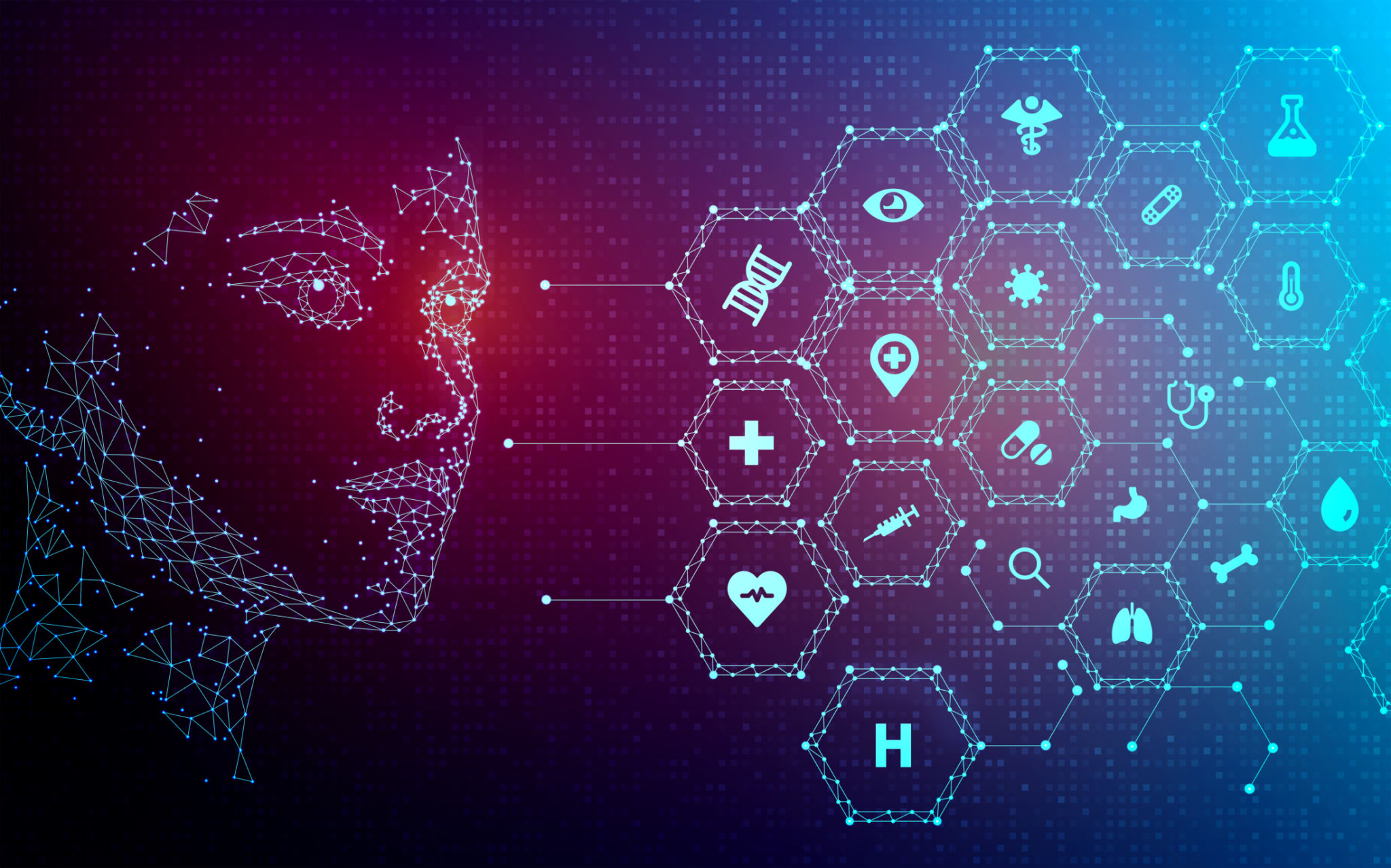Exploring the Impact of AI on Healthcare Innovation and Efficiency
PW
Introduction to AI in Healthcare
Artificial Intelligence (AI) is revolutionizing various sectors, and healthcare is no exception. The integration of AI into healthcare is transforming how medical professionals diagnose, treat, and manage patient care. This blog post explores the profound impact AI has on healthcare innovation and efficiency, highlighting its potential to enhance medical outcomes and streamline operations.

AI-Driven Diagnostics
One of the most significant contributions of AI in healthcare is its role in diagnostics. Advanced algorithms can analyze medical images like X-rays, MRIs, and CT scans with remarkable accuracy. These AI systems often detect anomalies and patterns that might be missed by human eyes, leading to earlier and more accurate diagnoses. As a result, patient outcomes improve, and unnecessary treatments are minimized.
Moreover, AI-powered diagnostic tools continue to evolve, offering insights into complex conditions such as cancer or neurological disorders. With continuous learning capabilities, these systems are becoming more sophisticated, ultimately benefiting both patients and healthcare providers.
Enhancing Treatment Plans
AI not only aids in diagnostics but also plays a crucial role in developing personalized treatment plans. By analyzing vast amounts of patient data, including genetic information, AI systems can recommend tailored treatment options that maximize efficacy and minimize side effects. This personalized approach leads to better patient experiences and outcomes.

Furthermore, AI can continuously monitor patient responses to treatments, allowing for real-time adjustments. This dynamic feedback loop ensures that patients receive the most effective care possible, reducing the likelihood of adverse reactions and improving recovery rates.
Streamlining Administrative Processes
Beyond direct patient care, AI is revolutionizing the administrative side of healthcare. Automated systems can handle scheduling, billing, and patient record management with increased efficiency and accuracy. This automation reduces the administrative burden on healthcare staff, allowing them to focus more on patient care.
- Automated scheduling systems
- Efficient billing processes
- Accurate patient record management

These improvements not only enhance operational efficiency but also lead to cost savings for healthcare facilities. Reduced administrative overhead translates into more resources available for improving patient care services.
AI in Medical Research
AI is also paving the way for breakthroughs in medical research. By analyzing large datasets, AI can identify potential drug candidates, predict clinical trial outcomes, and even discover new treatment methodologies. This capability accelerates the research process, bringing new treatments to market faster.
Additionally, AI's ability to process and analyze vast amounts of data helps researchers identify trends and correlations that may have gone unnoticed. This deeper understanding of diseases contributes to more effective prevention strategies and innovative therapeutic approaches.
Addressing Challenges and Ethical Considerations
Despite its many benefits, the integration of AI into healthcare is not without challenges. Issues such as data privacy, algorithm bias, and ethical considerations must be addressed to ensure that AI technologies are used responsibly and equitably.

Healthcare organizations must implement robust data protection measures and develop transparent algorithms to mitigate biases. Engaging diverse stakeholders in the development process can also ensure that AI applications are inclusive and beneficial for all patient populations.
The Future of AI in Healthcare
The future of AI in healthcare holds immense promise. As technologies continue to advance, we can expect even greater innovations that will enhance both the quality and accessibility of medical care. From predictive analytics to robotic surgery, AI's potential to transform healthcare is vast.
Ultimately, the successful integration of AI into healthcare will depend on collaboration between technology developers, healthcare providers, policymakers, and patients themselves. By working together, we can harness the power of AI to create a healthier world for all.